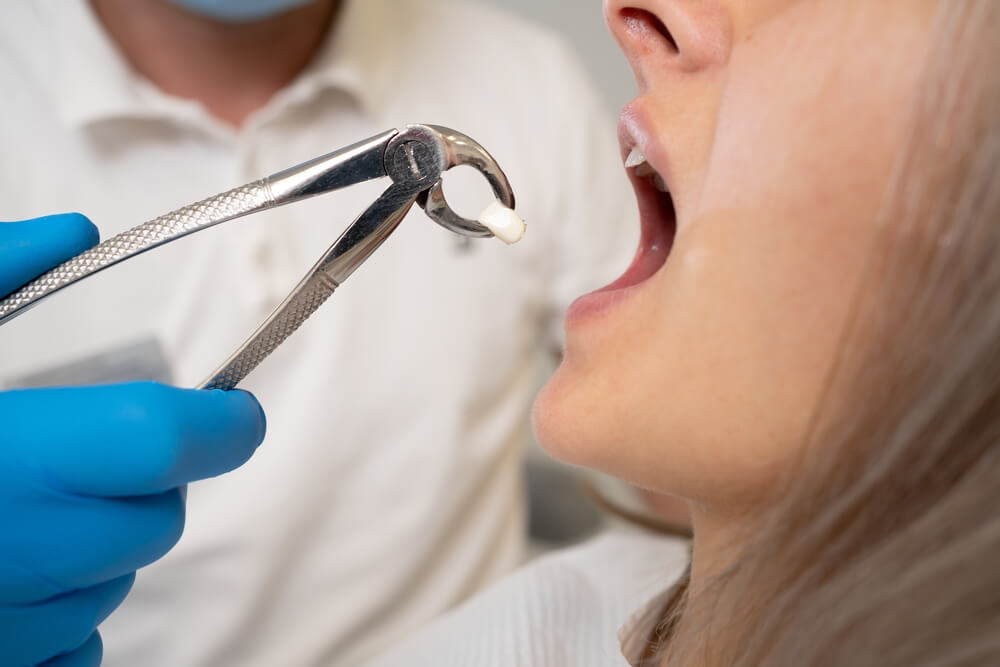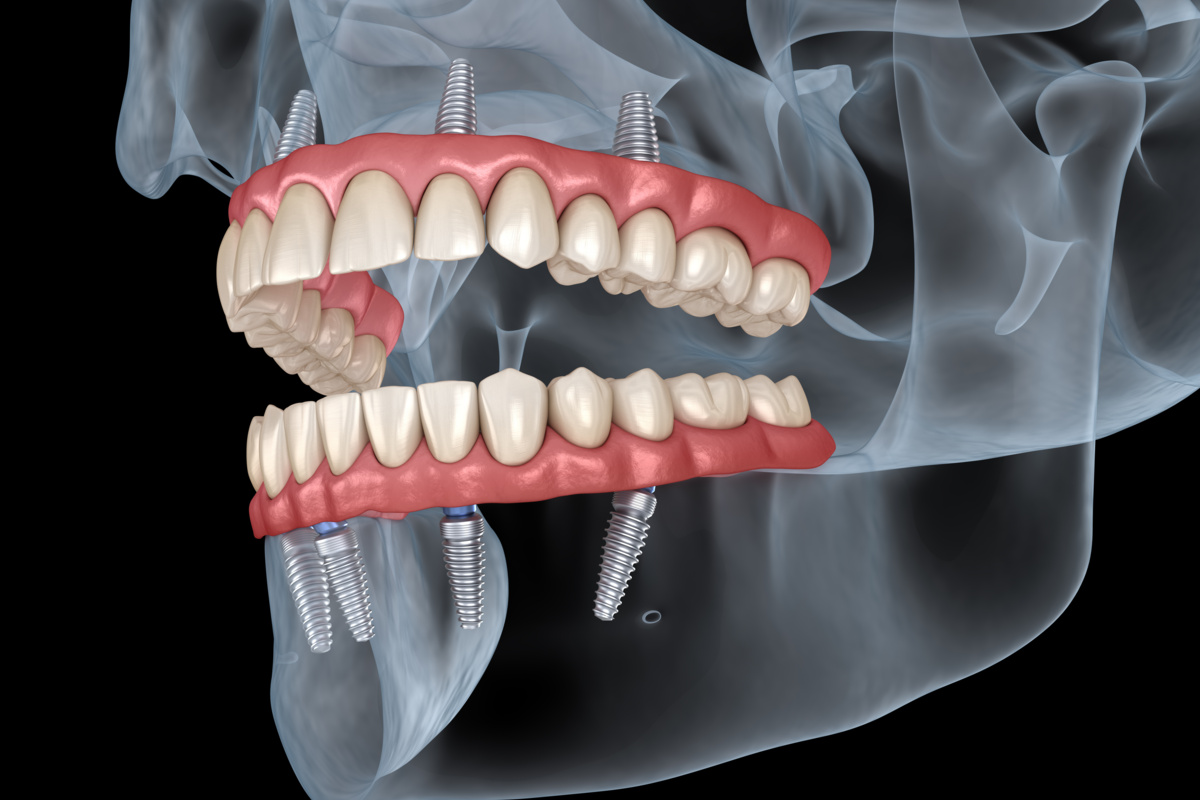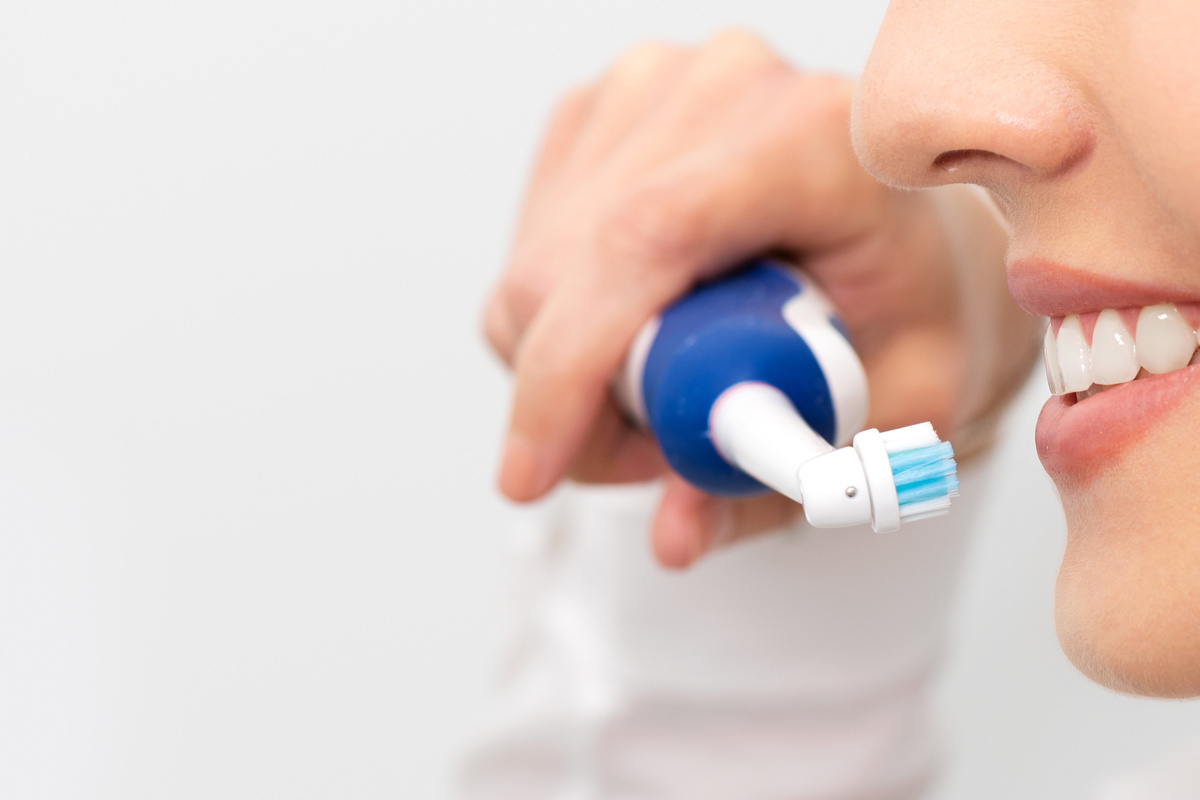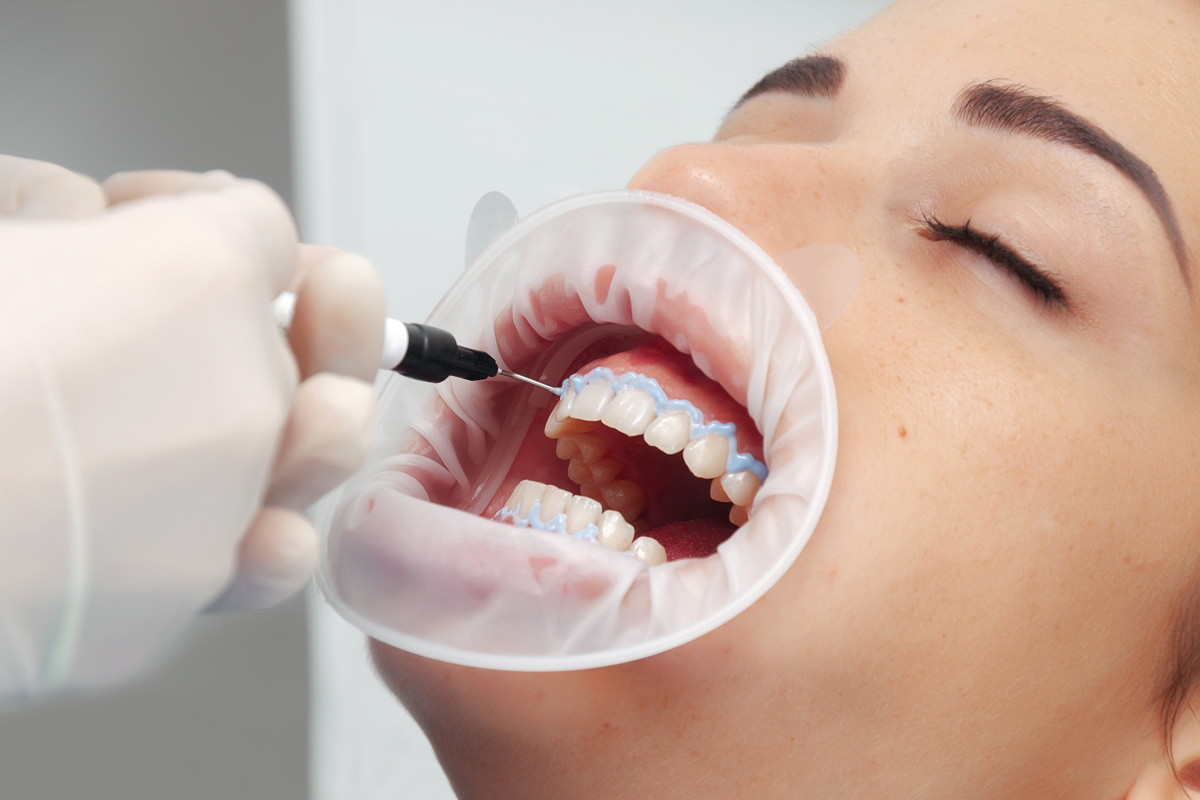During pregnancy, maintaining good dental health is crucial, but concerns often arise about the safety of dental procedures like tooth extraction. In this detailed article, we explore the complexities of dental care during pregnancy, concentrating specifically on the safety protocols and vital factors to consider when contemplating tooth extraction while expecting. We aim to thoroughly examine these aspects to equip expectant mothers with the knowledge and guidance needed to make informed decisions about their dental well-being during this significant stage of life.
The Importance of Addressing Tooth Extraction During Pregnancy

Pregnancy brings about a myriad of significant physical transformations, and it’s imperative to recognize that oral health is equally affected during this time. Despite the importance of maintaining optimal oral hygiene throughout pregnancy, there are instances where unforeseen challenges such as tooth decay or infection may arise, ultimately requiring the consideration of tooth extraction as a viable solution.
Why Tooth Extraction May Become Necessary During Pregnancy
Tooth extraction during pregnancy may become necessary if a tooth is causing pain or is infected, posing potential risks to both the mother and the developing baby. Therefore, it is crucial to promptly address dental issues to mitigate any further complications that may arise, as untreated dental problems have the potential to adversely affect the overall health and well-being of both the expectant mother and her baby.
Understanding the Safety of Tooth Extraction During Pregnancy
Many expecting mothers worry about the safety of dental procedures during pregnancy. However, tooth extraction is generally considered safe, especially when performed by a qualified dentist or oral surgeon. The risks associated with leaving a problematic tooth untreated often outweigh the risks of undergoing a tooth extraction procedure.
Considerations for Safe Tooth Extraction During Pregnancy
While tooth extraction is generally safe during pregnancy, there are specific considerations to ensure the procedure’s safety for both the mother and the baby.
Consultation with Healthcare Providers
Before undergoing any dental procedure during pregnancy, it is crucial to consult both your obstetrician and your dentist. They can provide personalized advice and guidance based on your specific health situation.
Timing of the Procedure
Ideally, elective dental procedures, including tooth extraction, should be postponed until after the first trimester of pregnancy to minimize any potential risks to the developing fetus. However, if the tooth is causing severe pain or infection, waiting may not be feasible.
Safety Precautions During the Procedure
During the tooth extraction procedure, the dentist will take additional precautions to ensure the safety of both the mother and the baby. These precautions may include minimizing exposure to anesthesia and ensuring proper positioning to avoid putting pressure on the abdomen.
Post-Extraction Care and Follow-Up
After the tooth extraction, it is essential to follow any post-operative instructions provided by the dentist diligently. This may include taking prescribed medications, practicing good oral hygiene, and attending follow-up appointments to monitor healing.
In Summary

While the thought of undergoing a tooth extraction during pregnancy may seem daunting, it is often necessary to ensure the health and well-being of both the mother and the baby. By consulting with healthcare providers, adhering to safety precautions, and receiving proper post-operative care, expecting mothers can undergo tooth extraction safely when needed. Remember, addressing dental issues promptly can help prevent further complications and promote a healthy pregnancy. In addition to following post-operative care instructions, patients can always reach out to Indian Trail Dental today for any concerns or questions regarding their dental health during pregnancy.



